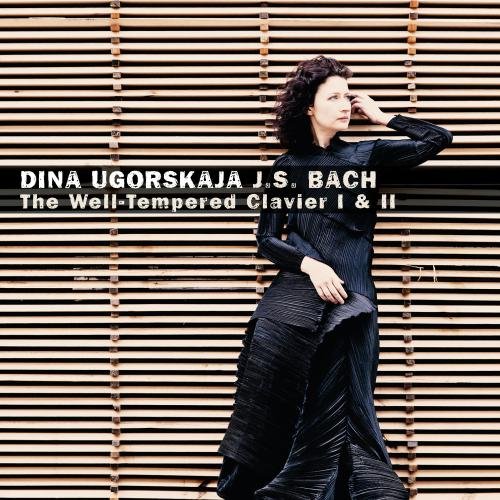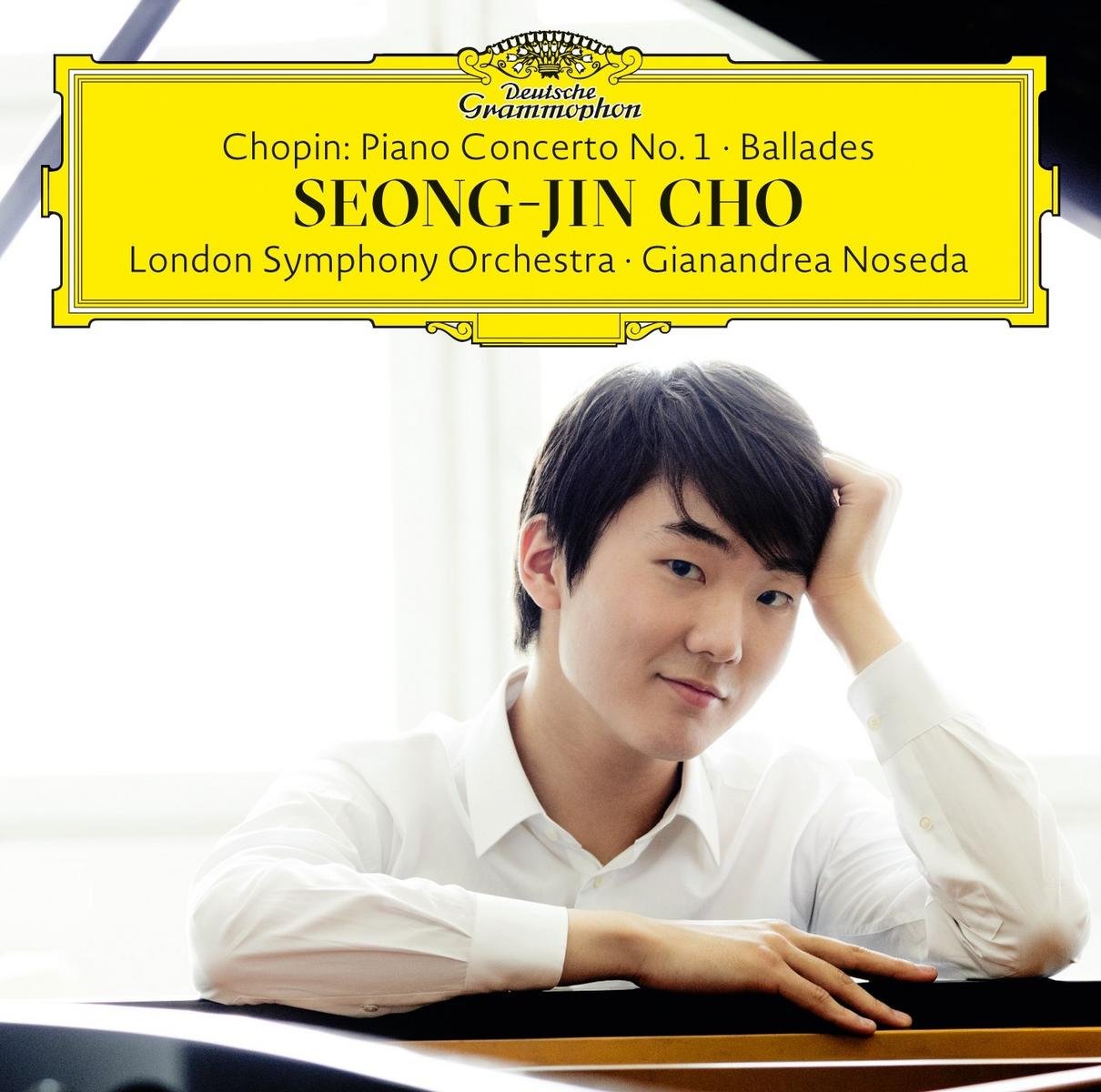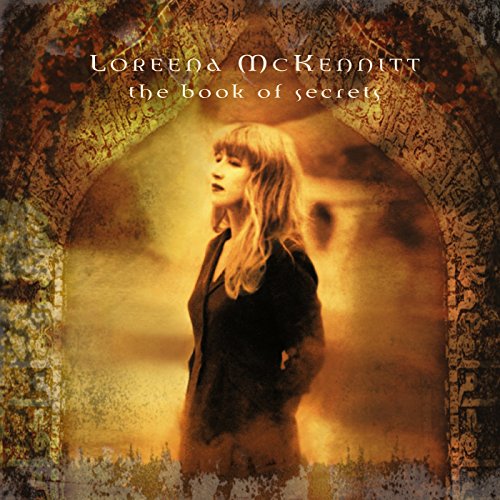What are you listening to and WHY might anyone be interested? (Vol. XII)
Posted by: Richard Dane on 01 January 2016
2016 has arrived today, so time to start this thread afresh.
Last year's thread (and links to previous years) can be found here;
Florestan posted:Chopin: Piano Concerto No. 1 | Ballades - Seong-Jin Cho | Gianandrea Noseda/London Symphony Orchestra
Forget the lie that opposites attract. In music, like minded people tend to captivate each other's interest and those who tend to challenge your own sensibilities and tastes - well, it would be nice to have a many conversations but neither will likely give in and in the end you have nothing but distrust of the other.
I think the last Chopin International jury got it right by giving Seong-Jin Cho first even though most of the 2nd, 3rd, 4th, 5th etc. behind him are very deserving and fantastic players as well.
What I hear is a player who is humble and desirous to only search for beauty and the underlying poetry in the music. These were my first impressions and so I am not surprised at all to read the performers own words that simply confirm this.
"For me it's very important to make a natural, singing sound, and especially in Chopin, because in its singing qualities I find it similar to Mozart."
-----------
"...but I'm not interested in fame. My aim is to be an artist and my inspiration is my favourite pianist, Radu Lupu. I want to be sincere about the music. And my personality is not so outgoing. I like to be calm, explore music, meet musicians and play for the audience. That's my dream."
Seong-Jin Cho
So to put this in perspective, Seong-Jin Cho is probably the polar opposite of say, Lang Lang. At such a young age (22) I think it is a fantastic start and hopefully he sticks to his ideals and does not let this commercialized world pull him into the pit of depravity. As it stands, he is one of the best things for me that came out of 2016.
I also very much like his playing and I hope he continues with recording the Noctures and later on also some Mozart...

The Stranglers - Rattus Norvegicus
CD Rip
Joss Stone - The Soul Sessions.

The girl can surely belt out a choon!
From the mono vinyl box set. Probably the least essential of their 1960s albums. SQ is pretty terrible too (and I'm not usually overly bothered by such things if the performance/music is good).

A+ | Transcoded DSD
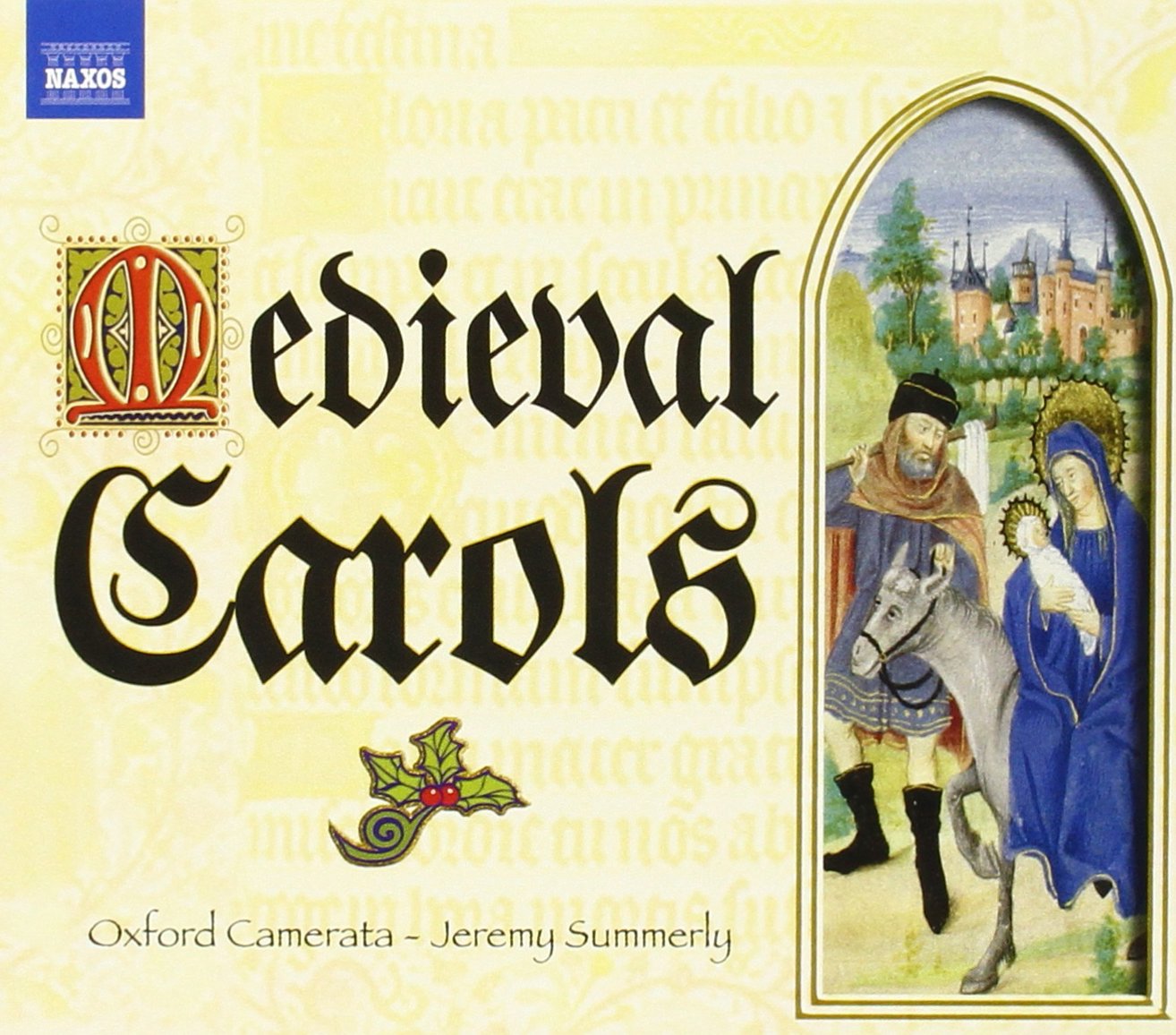
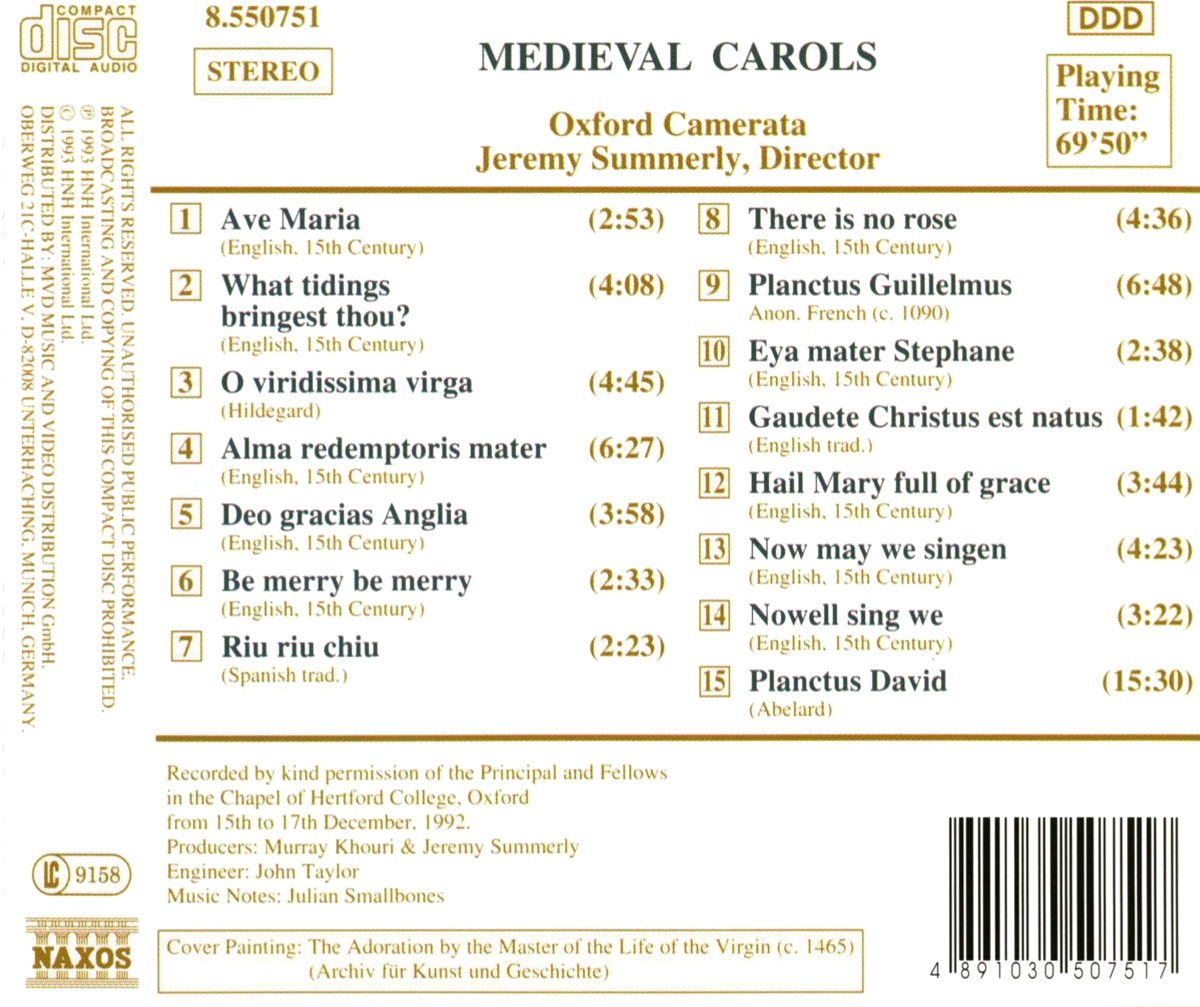
(1992)
In a hotel on the beach in the West Coast of Scotland, watching storm Barbara. Streaming via Tidal, MBP and Dragonfly. Cheers all...
Ludwig van Beethoven: Yu Kosuge (piano)
Piano Sonatas in f-minor, A-major, C-major (Op. 2, 1-3)
Piano Sonatas in G-major, d-minor, E-flat major (Op. 31, 1-3)
2016 was a year where I finally pulled the pin and went all out for Yu Kosuge. In many ways, similar to Seong-Jin Cho in temperament in that these two let the music speak for itself. There is none of this typical play louder, faster, stronger, colder and so on than the next guy.
To be sure, when I say she lets the music speak for itself I certainly am not referring to the far left which I consider the cold, indifferent, ideological types. I always tend to prefer the right (somewhere from the middle to mid-right) and would grant that this means, for myself, that there is warmth of tone and burgeoning ideas. To go to the left means you probably have no emotion and nothing to say and so the music is not allowed to speak for itself.
Kosuge has a warm tone and a beautiful focus on what is important. This two CD grouping was called Aufbruch (Departure) and this simple means that Beethoven is actually moving the music landscape of the time. You can hear the classical nature of the Op. 2 first sonatas. Not only were they dedicated to Joseph Haydn but they were the first sign of changes to come. Here Beethoven gives a nod to the past but gently looks forward. By the time you reach Op. 31 you have another major departure in Beethoven's viewpoint of music and his changing style. While conjecture on my part, I like to think that the glaring omission of a dedicatee for the Op. 31 Sonatas was not so much an omission as maybe a sign that this music is dedicated to himself (enough of these old teachers and women who just break your heart).
So I would caution many against this artist and the one previous especially if you have special ideas about Beethoven or Chopin, respectively. In this case, I would come out and say that having a one size fits all approach (Beethoven must always sound furl browed and be played aggressively or bangy like) is not really something that works for me. There are certain moments here and there where this is clearly obvious but it is not correct to expect this from beginning to end.
Kosuge is not going to tip the scale and play in some macho sort of way and this is precisely why I like her. Range is from playful to serious but without any large gestures or pontificating. If I have time, I would love to go through the pieces and relay all the musical highlights but for a quick summary this is all I can do today. The conclusion is that getting this Yu Kosuge set was one of the smartest things I did in 2016 (despite being one of the most expensive sets for me to date).
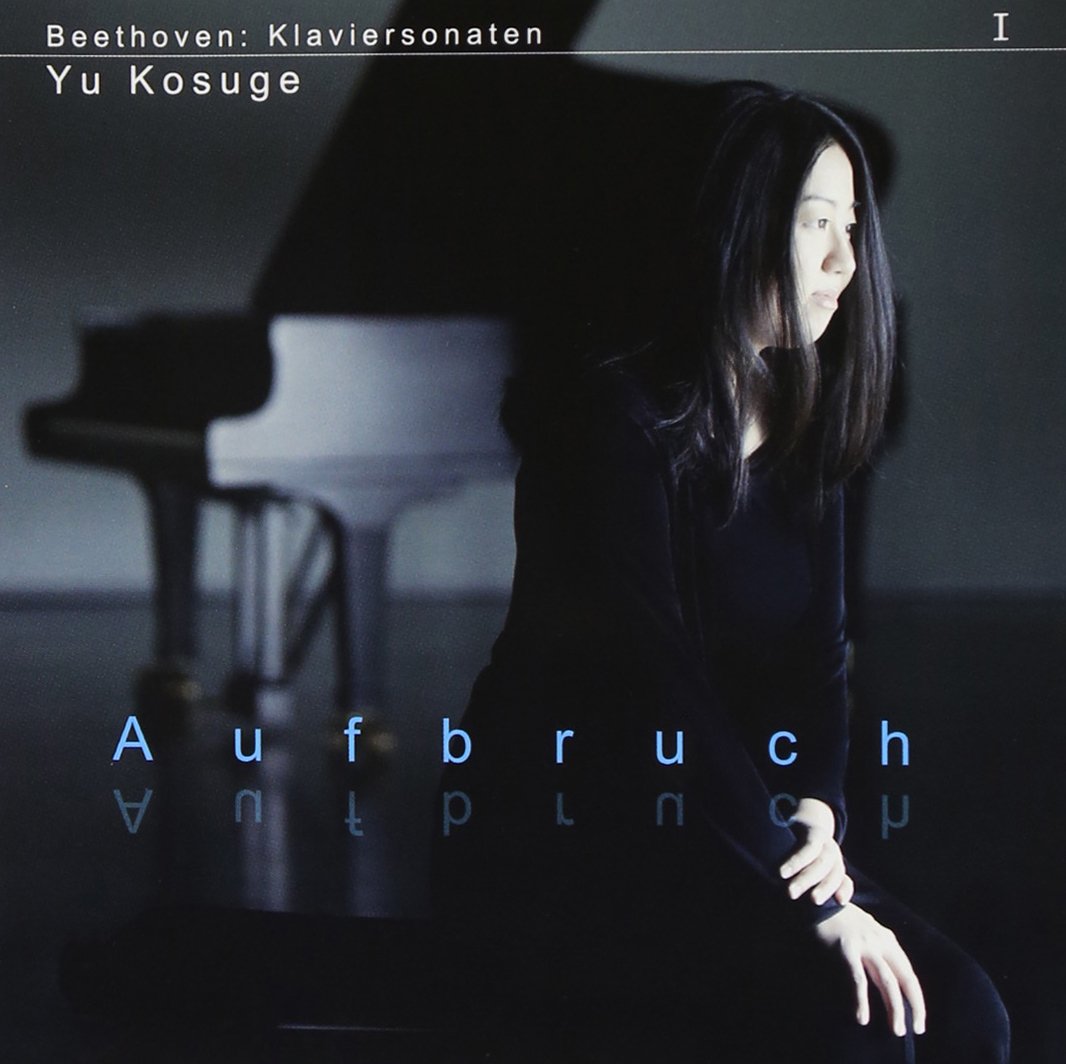
ewemon posted:
A superb album, Ewemon. I can understand why you'd follow this with KoB.


Florestan posted:Ludwig van Beethoven: Yu Kosuge (piano)
Piano Sonatas in f-minor, A-major, C-major (Op. 2, 1-3)
Piano Sonatas in G-major, d-minor, E-flat major (Op. 31, 1-3)
2016 was a year where I finally pulled the pin and went all out for Yu Kosuge. In many ways, similar to Seong-Jin Cho in temperament in that these two let the music speak for itself. There is none of this typical play louder, faster, stronger, colder and so on than the next guy.
To be sure, when I say she lets the music speak for itself I certainly am not referring to the far left which I consider the cold, indifferent, ideological types. I always tend to prefer the right (somewhere from the middle to mid-right) and would grant that this means, for myself, that there is warmth of tone and burgeoning ideas. To go to the left means you probably have no emotion and nothing to say and so the music is not allowed to speak for itself.
Kosuge has a warm tone and a beautiful focus on what is important. This two CD grouping was called Aufbruch (Departure) and this simple means that Beethoven is actually moving the music landscape of the time. You can hear the classical nature of the Op. 2 first sonatas. Not only were they dedicated to Joseph Haydn but they were the first sign of changes to come. Here Beethoven gives a nod to the past but gently looks forward. By the time you reach Op. 31 you have another major departure in Beethoven's viewpoint of music and his changing style. While conjecture on my part, I like to think that the glaring omission of a dedicatee for the Op. 31 Sonatas was not so much an omission as maybe a sign that this music is dedicated to himself (enough of these old teachers and women who just break your heart).
So I would caution many against this artist and the one previous especially if you have special ideas about Beethoven or Chopin, respectively. In this case, I would come out and say that having a one size fits all approach (Beethoven must always sound furl browed and be played aggressively or bangy like) is not really something that works for me. There are certain moments here and there where this is clearly obvious but it is not correct to expect this from beginning to end.
Kosuge is not going to tip the scale and play in some macho sort of way and this is precisely why I like her. Range is from playful to serious but without any large gestures or pontificating. If I have time, I would love to go through the pieces and relay all the musical highlights but for a quick summary this is all I can do today. The conclusion is that getting this Yu Kosuge set was one of the smartest things I did in 2016 (despite being one of the most expensive sets for me to date).
Hi Florestan,
You got me very much interested as we share apparently the same type of taste. The only thing which pushes me away from pushing a buy button is the price of the collection on the German Amazon site, same for Italy .....
Is there a place which provides this as download or cd at a reasonable price ?


2016 - Tidal...
Third Workd Pyramid - The Brian Jonestown Massacre
If you like Mercury Rev and Yo La Tengo, you'll get this lot...


CD rip:-
Aimee Mann - Lost In Space

Kandace Springs - Soul Eyes.
Discovered by Tony on here.
I can't stop playing it. Wonderful.
A + | Tidal
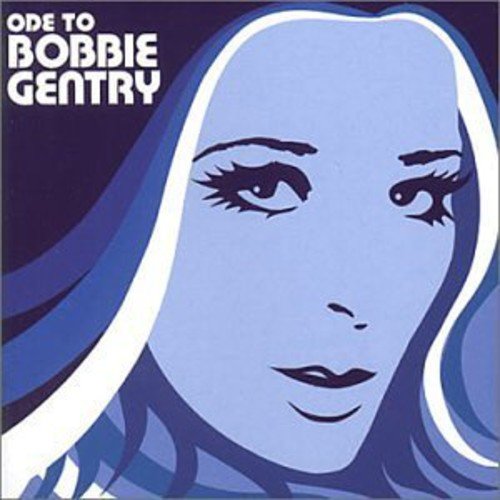
(2000)
Tony2011 posted:
2016 - Tidal...
Third Workd Pyramid - The Brian Jonestown Massacre
If you like Mercury Rev and Yo La Tengo, you'll get this lot...
Thanks Tony I'll add them for a try.
Genesis - Foxtrot


Bert Schurink posted:Florestan posted:Ludwig van Beethoven: Yu Kosuge (piano)
Piano Sonatas in f-minor, A-major, C-major (Op. 2, 1-3)
Piano Sonatas in G-major, d-minor, E-flat major (Op. 31, 1-3)
2016 was a year where I finally pulled the pin and went all out for Yu Kosuge. In many ways, similar to Seong-Jin Cho in temperament in that these two let the music speak for itself. There is none of this typical play louder, faster, stronger, colder and so on than the next guy.
To be sure, when I say she lets the music speak for itself I certainly am not referring to the far left which I consider the cold, indifferent, ideological types. I always tend to prefer the right (somewhere from the middle to mid-right) and would grant that this means, for myself, that there is warmth of tone and burgeoning ideas. To go to the left means you probably have no emotion and nothing to say and so the music is not allowed to speak for itself.
Kosuge has a warm tone and a beautiful focus on what is important. This two CD grouping was called Aufbruch (Departure) and this simple means that Beethoven is actually moving the music landscape of the time. You can hear the classical nature of the Op. 2 first sonatas. Not only were they dedicated to Joseph Haydn but they were the first sign of changes to come. Here Beethoven gives a nod to the past but gently looks forward. By the time you reach Op. 31 you have another major departure in Beethoven's viewpoint of music and his changing style. While conjecture on my part, I like to think that the glaring omission of a dedicatee for the Op. 31 Sonatas was not so much an omission as maybe a sign that this music is dedicated to himself (enough of these old teachers and women who just break your heart).
So I would caution many against this artist and the one previous especially if you have special ideas about Beethoven or Chopin, respectively. In this case, I would come out and say that having a one size fits all approach (Beethoven must always sound furl browed and be played aggressively or bangy like) is not really something that works for me. There are certain moments here and there where this is clearly obvious but it is not correct to expect this from beginning to end.
Kosuge is not going to tip the scale and play in some macho sort of way and this is precisely why I like her. Range is from playful to serious but without any large gestures or pontificating. If I have time, I would love to go through the pieces and relay all the musical highlights but for a quick summary this is all I can do today. The conclusion is that getting this Yu Kosuge set was one of the smartest things I did in 2016 (despite being one of the most expensive sets for me to date).
Hi Florestan,
You got me very much interested as we share apparently the same type of taste. The only thing which pushes me away from pushing a buy button is the price of the collection on the German Amazon site, same for Italy .....
Is there a place which provides this as download or cd at a reasonable price ?
Bert,
I wouldn't get all worked up about it as you may be disappointed in the end? I am a die-hard and spend with my heart to get every Beethoven Box Set that exists. I like this set very much but in reality you may not find too much difference between others such as Mari Kodama (which I think you might have?)
However, in looking at the pricing now I am quite angry. I checked for months and maybe this whole year and the prices were high in UK, Germany, France, USA, Canada etc. and all similar. So when I bought Amazon.ca did not have this box set and so I bought it from the marketplace. Somehow I think Amazon watches what I buy and what I have in my Wishlist(s). Every time I can't wait and buy a high priced produce sure enough a month later it is suddenly available at a good price. It is a conspiracy I tell you. So Amazon.ca apparently has one now at half of what I paid a month ago. You could probably get it for around 100 eur? But then if you have problems it would be a pain to deal with. Amazon doesn't seem to package things very well and in an international shipment I would expect damages?
As far as a download I don't know any other options. I know this is a Sony Music Japan and hence the high price. My only complaint other than I really overpaid is that the booklet is all in Japanese. I wish I knew how to get a translation for it somewhere?
J.S. Bach: The Well-Tempered Clavier I & II - Dina Ugorskaja (piano)
Moving from the New Testament (Beethoven Piano Sonatas) to the Old Testament (Bach WTC) this will be my pathway into Cantatas and more serious Christmas music finally later tonight and tomorrow.
Not trying to be provocative but with each new WTC recording I get I am more and more convinced that the piano is the ideal instrument in which to convey this music today (both as a player and as a listener). Where else can you get such an infinite number of possibilities for the voicing from a keyboard instrument?
What is notable with Ugorskaja is her sense of polyphony. She stresses in here notes how she believes in melodiousness and how the voices should be sung independently. Together it becomes like a motet with each unique voice. It is quite lovely to just listen to this music with the focus on the bare essentials. If I were to compare this with Hewitt I somehow think I prefer this playing. It seems much more centered and pure. I haven't listened to Hewitt for a while but if memory serves me well you get more of a sense of her arrogance coming through?
The one hiccup for me is in the most well know Prelude (in C major - BWV 846). For reasons explained, Ugorskaja plays it at a real clip stating that she sees it as waves and also she wants to avoid sentimentality. Other than this view (which sticks out a little) the rest of the WTC returns to a much more intellectual and thoughful view. I quite like this actually.
